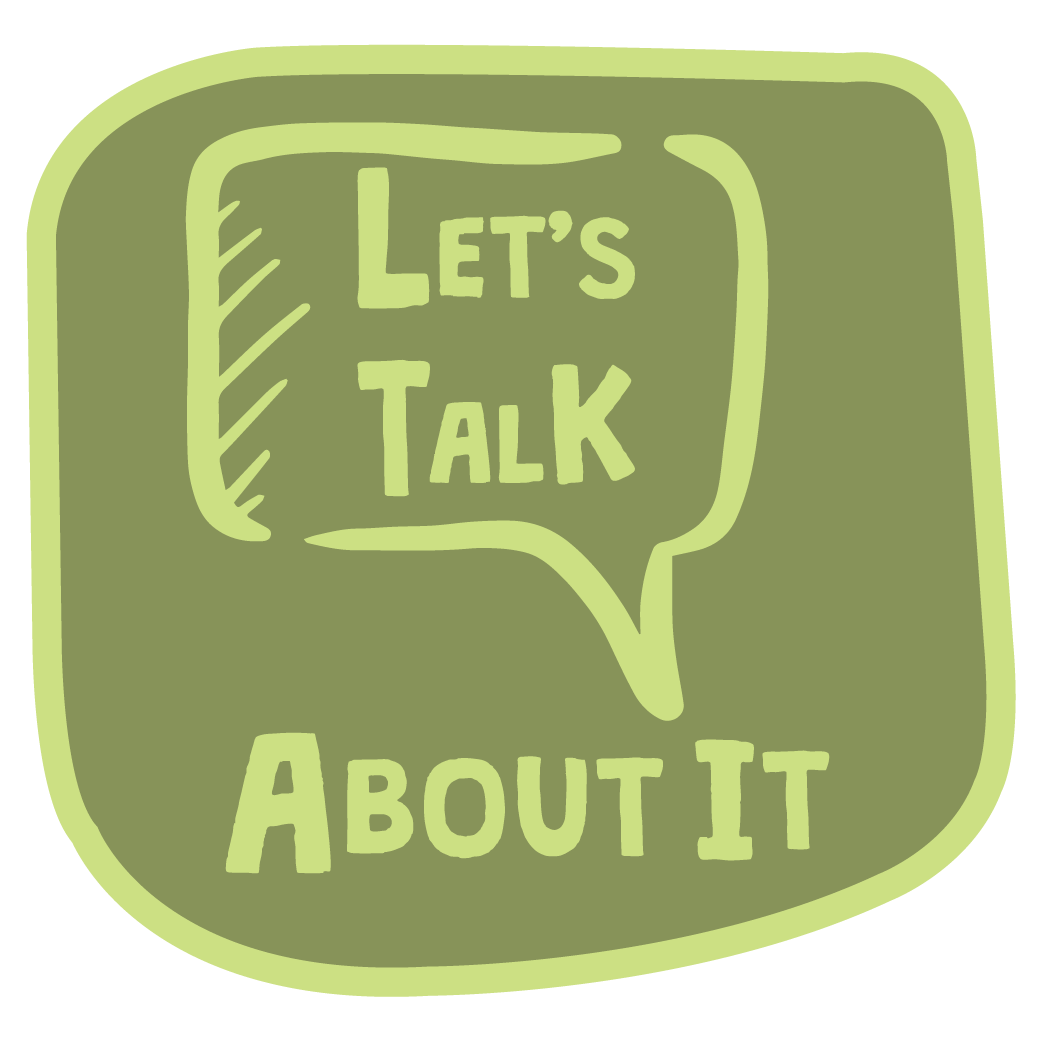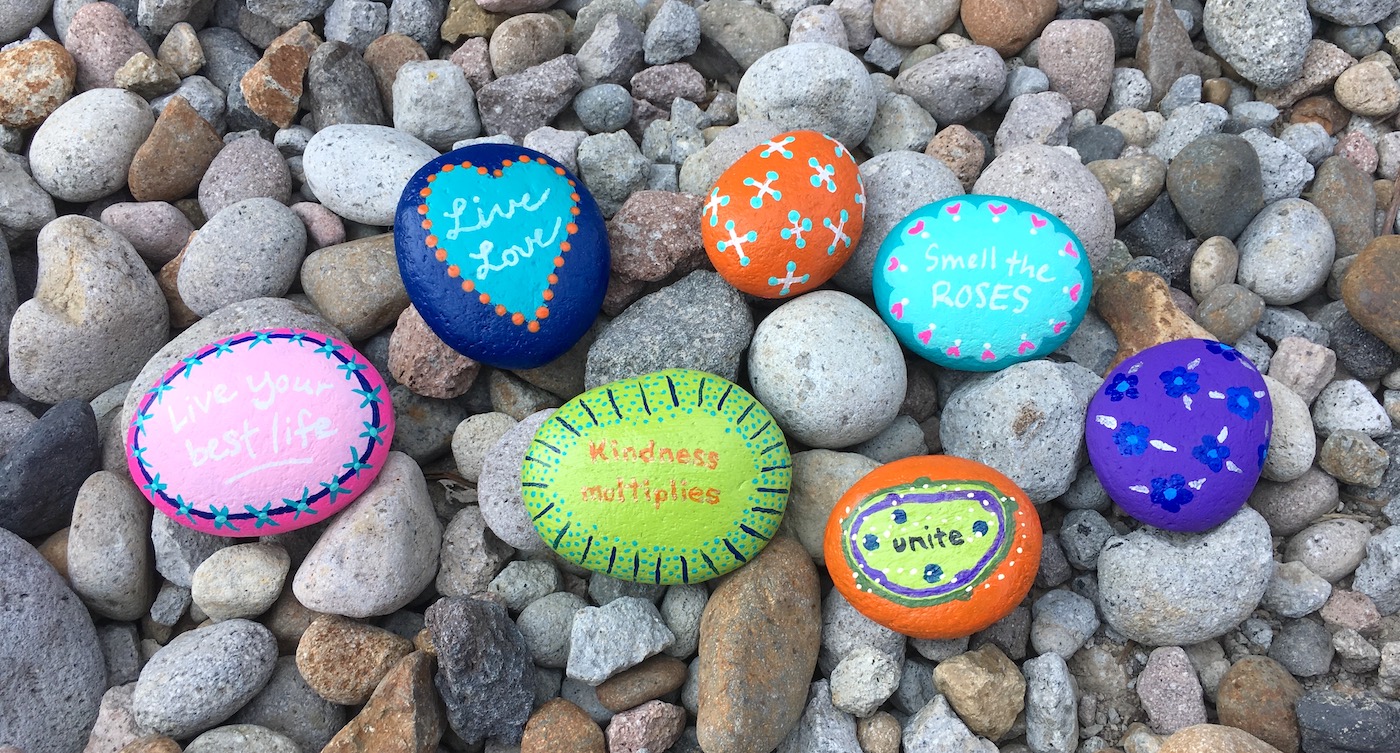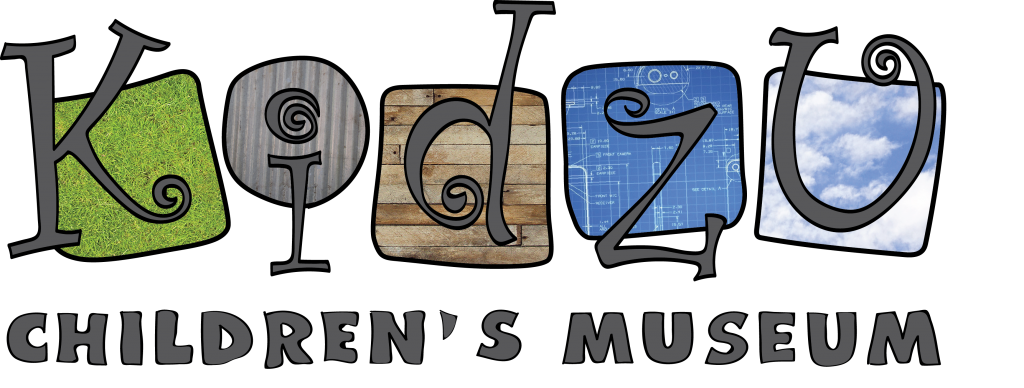
Let’s Talk About It
A virtual exhibit about having difficult conversations with children and their own families. Kidzu transitioned the Community Courtyard into an exhibit – titled, “Let’s Talk About It.” This webpage is a virtual version of the exhibit! This exhibit is a project designed to provide tools to families to practice having difficult conversations and to promote healthy dialogue for mutual respect and understanding. Click here to read a spotlight piece about this project!
"Talking to Your Kids about Community Violence: Discussion and Listening Session" Facilitated by Roberto Blanco
 On September 2nd, a Clinical Associate Professor at UNC in the division of Child and Adolescent Psychiatry and co-director of the Program on Neurodevelopmental Psychiatry, Roberto Blanco, facilitated a listening session and discussion surrounding how to talk to your children about community violence and difficult topics.
On September 2nd, a Clinical Associate Professor at UNC in the division of Child and Adolescent Psychiatry and co-director of the Program on Neurodevelopmental Psychiatry, Roberto Blanco, facilitated a listening session and discussion surrounding how to talk to your children about community violence and difficult topics.
The program included meditation, relaxation exercises, self-care, and mental re-framing techniques. The discussion topics included the acknowledgment of damage, signs to look out for, what we can do to help, and community connections.
Big conversations can happen at the dinner table with family or at lunch with friends, but sometimes they happen unexpectedly.
Wherever they may happen, use these tools to help you feel prepared to have the conversations you want to have, even if they seem difficult!
Be prepared for a healthy conversation by using these tools:
Goal 1: Create Ground Rules for Discussion
Adults who participated in early sessions helped identify important goals when seeking a constructive dialogue: be patient, open-minded, and present, avoid interruptions, distractions, or using judgemental or accusatory language. Kids who participated in early sessions articulated more specific actions that help set the table for a constructive dialogue: find common points of interest or ideas with others, use positive body language like facing another person and making eye contact, let someone finish their thought before responding, ask clarifying questions, and even share humor through kind-spirited jokes.
After watching the above videos with your children, practice the coping mechanisms of, “I notice…I feel…I can…” to help your child distinguish how to place emotions and ways in which to cope with them in healthy and productive ways.
Feel free to use the questions below as jumping-off points for your conversation:
- What can you do to feel more comfortable talking about your feelings with friends?
- How do you think Elmo felt when his dad got frustrated? How could his dad better communicate with Elmo?
- In what ways can being angry or upset impact how you communicate with others?
- How do you think this character could have been more present in the conflict?
- How do you think this character could have been more open-minded about how the other person may feel?
What to Say to Kids When the News is Scary
Goal 2: Develop Listening Skills
Sometimes topics feel hard because we get stuck on what seems different between others’ ideas and perspectives and our own, and we spend energy trying to convince others why we are “right.” When that happens, try asking someone else why they think what they think in a non-judgmental way. Start your questions with, “Help me understand…” Then, be ready to listen when they answer!
ROCKS Activity: This activity is created to help you and your child learn how to communicate better by remembering the acronym ROCKS, which stands for Reflection, Open Dialogue, Compassion, Kindness, and Social Justice.
In this activity, there are two rocks to be held. One small rock is to be held by the listener, and the larger rock is to be held by the person currently speaking. The rocks signify the weight of various conversations and difficulties that may come with communicating.
The person holding the smaller rock will practice active listening skills and listen to what the person with the larger rock is sharing. When they are done speaking, ask active listening questions to let the person know you heard and understood them clearly.

Storynory: Audio stories for children to listen to that help with active listening skills
Active Listening Checklist
Goal 3: Support Claims with Reason
Reasoning is an essential feature of human communication. We’re always reasoning, whether we realize it or not. Communicative reasoning simply means supporting our claims with reasons, so that our listeners can understand why we think the way we do. When we support a claim with a reason, we’re making an argument. Arguments sometimes get a bad reputation, but arguments actually have a positive social function. To support a claim with a reason—to make an argument—shows respect for our listeners and invites them to reason with us. When we accept the invitation to reason together, we are better equipped to test ideas and improve our knowledge.
Talk with your child about how and why these (go through each one) emotions arise, when they might arise, and how to communicate with people why (you) are feeling that way.
- How do you think they might be feeling right now?
- Can you tell me what you heard them say about their feelings?
- How would you feel if you were in their shoes
- Can you think of a time when you felt similar to what they’re feeling now?
“Deliberating Together” by Van Hillard, Davidson College
Goal 4: Engage Competing Perspectives
Sometimes our ideas and perspectives differ from others because of our different backgrounds. And, even talking about those differences can be hard. Try pausing to reflect on how the people and media you interact with, where you grew up, and your culture might have shaped your own ideas and perspectives. Then, you can share this with someone you are having a hard conversation with, and ask them if they think there are ways their ideas and perspectives may be shaped by those influences, too. You could see if there are any common experiences or shared values across your differences.
Calming Mindfulness Jars Activity: Using any closable jar, mix boiling water, loose glitter, and basic Elmer’s glue (or colored/glitter options). The purpose of this activity is to teach your child healthy coping mechanisms for hard conversations. Think of the glitter jar as a snow globe, how can we use this as an analogy for seeing and understanding others’ perspectives? While your child watches the glitter settle, teach them how to take 10 deep breaths before responding to someone else in a difficult situation. Use this time waiting to consider the other person’s feelings and point of view in the situation. Teach your child how waiting to respond can lead to healthier, kinder, and more productive conversations because it allows us time to think about how we really feel and what we want to say to the other person.

The following can be used as examples during this discussion:
- Why do you feel this way?
- Why do you think the other person acted that way?
- How do you wish the situation went instead?
- How do you think the other person feels about this?
- What do you think you can do to help this other person feel better?
- What are some healthy ways you can create boundaries with this person?
Talking to Kids about Race and Racism on Kidshealth.org
List of Books, Films, and Podcasts about Racism: NPR Code Switch
The Blind Man And The Elephant Poem
Shoes of Belonging
Goal 5: Enrich Discussion & Keep Conversation Alive
Sometimes we say or do things that hurt others, even when we don’t mean to. That can be especially tricky when having a hard conversation, as your words and actions might be interpreted differently than they are intended, or you may not be aware of how your words or actions could be taken as harmful. When that happens, you can acknowledge that even if you didn’t intend to cause harm, you recognize the effect felt harmful. Then, you could think about how you would want to be treated if someone upset you or you can ask them what they need to repair that hurt. And, be ready to listen if they tell you!
Emotion Collage Activity: Using magazines, newspapers, printed pictures, or your own drawings, have your child cut out various faces representing various emotions. Keep in mind someone can be feeling more than one emotion at a time and distinguishing how someone is feeling can be complex. Here are some examples of questions to spark discussion:
- Why might this person be feeling this way?
- What can this person do to feel better?
- What should this person talk about with others to let them know how they are feeling?
- What can you do to help support this person and make them feel better?




